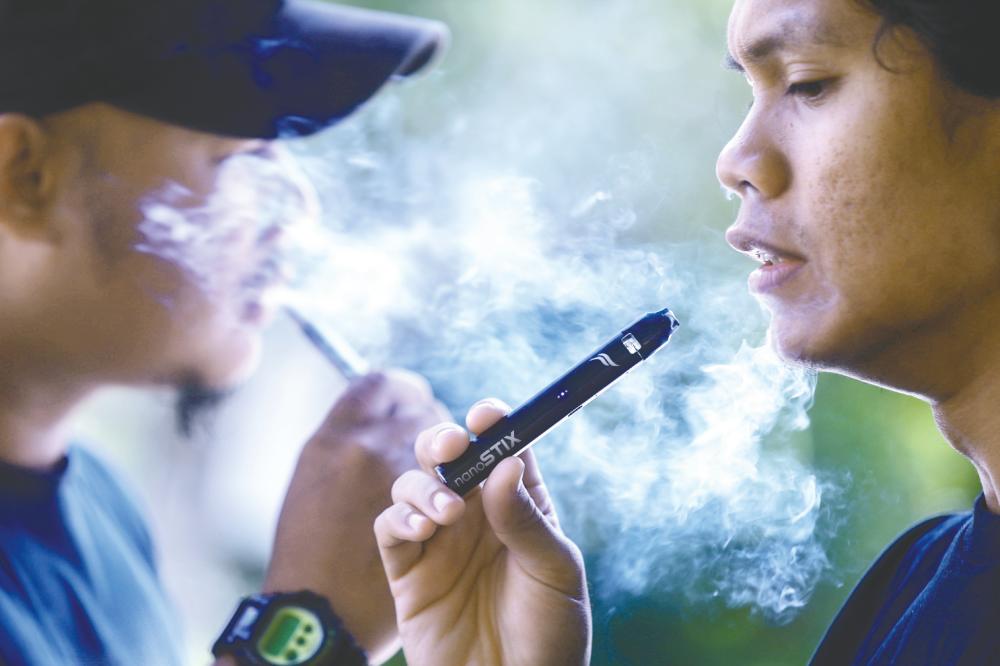PETALING JAYA: The plan to ban those born after 2005 from buying cigarettes and vaping products will have considerable ramifications for the economy, said an academic.
Sunway University’s Prof Dr Yeah Kim Leng said such a ban would also affect the country’s aspirations to be a modern, open and progressive society.
Yeah was commenting on an online survey conducted by the Muslim Consumers Association of Malaysia (MCAM) involving 1,259 respondents, where the majority wanted the government to also ban alcohol, gambling, bars, nightclubs, karaoke bars and the sale of sugary beverages, on top of the proposed smoking and vaping bans announced by Health Minister Khairy Jamaluddin.
“The identified activities are intricately tied to the nation’s hospitality, food and beverage, tourism and entertainment industry. The tourism industry’s contribution to the country’s gross domestic product amounted to 15.9% in 2019 and 14.1% in 2020.
“Besides the direct impact on the country’s gross domestic product, the indirect effects of a fall in the country’s investment attractiveness due to an overly restrictive lifestyle and limited social and entertainment activities would derail its attainment of advanced nation status,” he told theSun.
Yeah said if the government considers the ban, it will not only delay the post-pandemic recovery but also the normalisation of social and economic activities with the shutdown of businesses in the affected sectors.
The survey found that 89% wanted the government to ban alcohol, 69% wanted the ban on sale of sugary beverages, 86% were against gambling and 79% were against nightclubs, karaoke bars and pubs.
“The loss of tax revenue is less worrisome compared with the negative social and economic impact of business closures, job losses, destruction of economic capital, loss of consumer and investor confidence as well as the expected rise in illicit activities.
“We can expect black market sales and illicit activities to flourish if there is a ban on gambling, alcohol and smoking activities. The high duties imposed on cigarettes have resulted in contraband controlling about 60% of market share. A ban will drive the contraband market share even higher,” he said.
Restaurant and Bistro Owners Association vice-president Jeremy Lim called the sample size of the MCAM survey “insufficient” and not a representation of national sentiments.
“I am a firm believer that all cultures and racial groups can co-exist in Malaysia as we have always done. Of course, our population consists of various personalities and we are bound to have some extremist views. But I trust the government of the day to take a rational approach, and protect the rights of everyone,” he said.
Meanwhile, Malaysia Budget and Business Hotel Association national deputy president Dr Sri Ganesh Michiel pointed out that if any regulations or laws are to be considered when banning any sector, the government should pay serious attention to the impact it would have on the tourism and hotel industry.
“Having such bans will only ensure tourists do not choose Malaysia as their preferred holiday destination and this will affect the very survival of the tourism industry,” he said.














